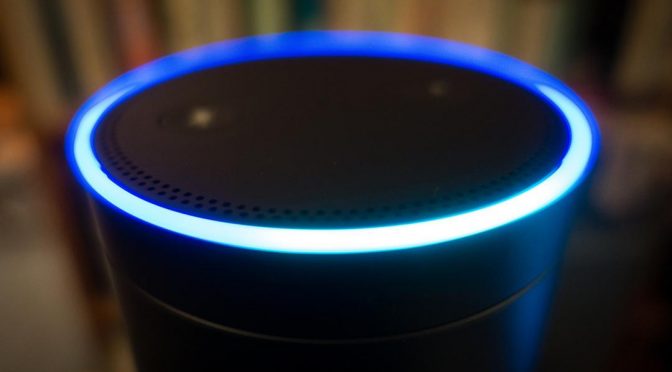“Mindfulness” is touted as a cure-all for many modern ills, from stress and pain to depression.

Updated NIH Policies & Procedures related to Human Subjects Research
NIH has broadened its definition of clinical trial, and it may impact your future applications (new, resubmission, or revision) and awards.
NIH’s definition of clinical trial now includes some research approaches not traditionally considered clinical trials. For example, many behavioral or biobehavioral studies that focus on underlying mechanisms of development may now be considered clinical trials. Also, conducting experiments that involve human subjects may be considered a clinical trial. If you are conducting studies involving human subjects, it is very important that you understand this definition and determine whether it applies to your research.







